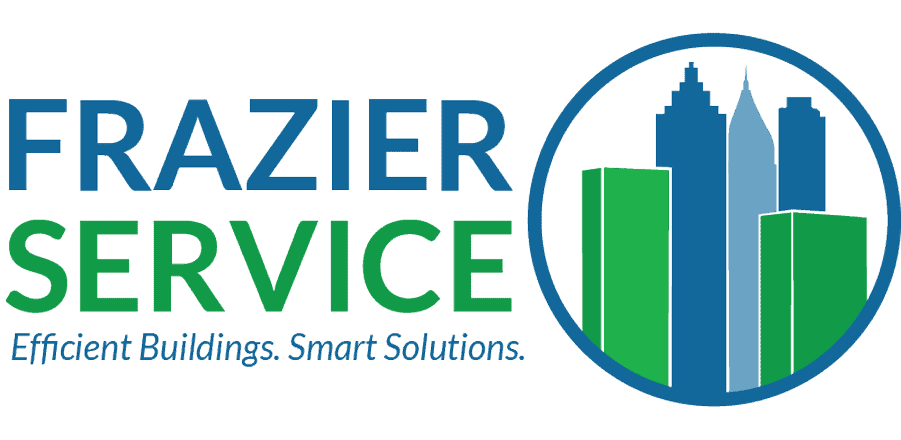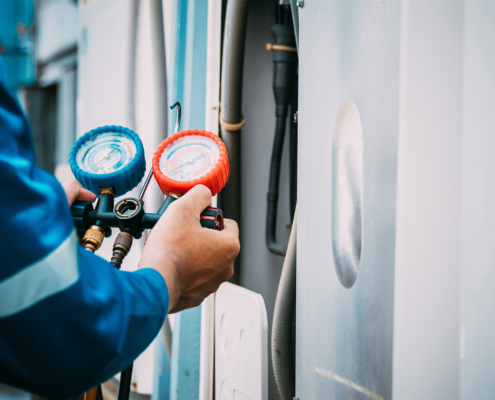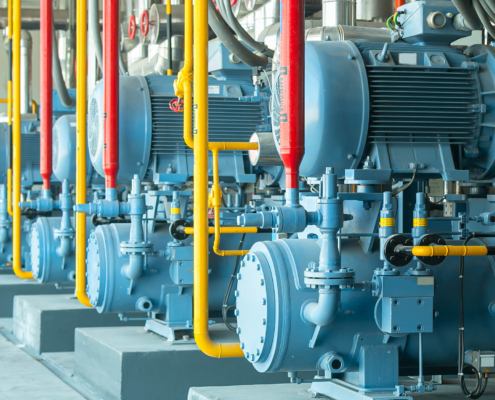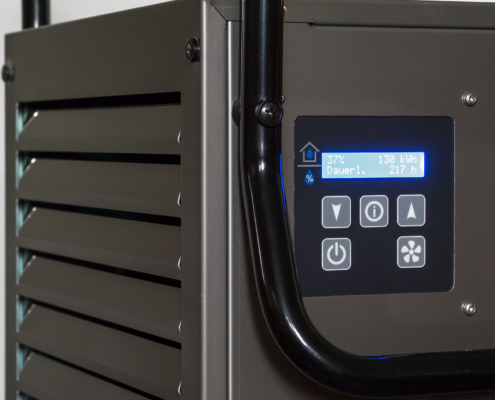Ensuring compliance with HVAC regulations involves several vital components. These include adhering to regulatory standards, maintaining commercial HVAC equipment efficiency, and proper installation and maintenance practices, among others.
1. Regulatory Standards: Understanding and adhering to local, state, and federal regulations governing Atlanta commercial HVAC systems, such as building codes, environmental regulations, and safety standards.
2. Commercial HVAC Equipment Efficiency: Ensuring that commercial HVAC equipment meets or exceeds energy efficiency requirements set by regulatory agencies, such as ENERGY STAR ratings and SEER (Seasonal Energy Efficiency Ratio) for air conditioning systems.
3. Refrigerant Compliance: Complying with regulations regarding the use, handling, and disposal of refrigerants, including phase-outs of ozone-depleting substances and transitioning to environmentally friendly alternatives.
4. Installation and Maintenance: Proper installation and regular maintenance of HVAC systems to ensure they operate efficiently, safely, and in accordance with manufacturer specifications and HVAC industry best practices.
5. Documentation and Record-Keeping: Maintaining accurate records of HVAC installations, maintenance activities, inspections, repairs, and upgrades to demonstrate compliance with regulatory requirements and standards.
6. Occupant Comfort and Safety: Ensuring that HVAC systems provide adequate indoor air quality, temperature control, and ventilation to maintain occupant comfort and safety in accordance with building codes and HVAC industry guidelines.
7. Smart Technology Integration: Incorporating smart HVAC controls and automation technologies to optimize energy use, monitor system performance, and respond to changing environmental conditions in compliance with modern efficiency standards and sustainability goals.













